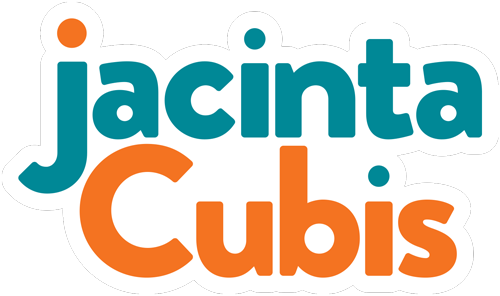Abracadabra
“Get a facilitator!”
Translation: “it’s broken and we need someone to fix it – now.”
The brief:
Wave your magic wand.
Find the solutions to our problems.
In a half day workshop. Next week.
While the effects of facilitation can seem miraculous, it’s not magic.
True to its Latin origins, ‘to facilitate’ can be about making things easier for people. To listen, really listen. To walk in another’s shoes for a bit. To dig a little deeper and see what solutions they can come up with themselves. To expand our thinking and imagine what’s possible.
But it goes further, as we explored in a session on the past, present and future of facilitation with our guide, Kevin Balm, at the Victorian Facilitator’s Network recently.
The past is fascinating. The present encouraging. And the future is bright.
Facilitating will always be about making it easier to bring into being people’s aspirations - for a project, a team, a collaboration.
But facilitation can also be about guiding discourse well after the workshop has ended. While the actions and plans that result from any workshop are essential, it’s the long-lasting value and impact of facilitation that is exciting.
It’s the stronger community that emerges from a citizen jury working together that creates value long after the jury has delivered its recommendations to an organisation, for instance.
Rather than hocus pocus, facilitation is an art. Sure, some are born with talent and can appear to guide a group effortlessly.
As a colleague said at the session, “…anyone can paint, but some can paint really well.”
But I bet they’ve learnt from great teachers. Like Glenn Ochre and Dr Dale Hunter. And great programs like those offered by Groupwork Centre and Zynergy Global.
Before I found these and other sources of wisdom, I learnt on the job from skilled community development practitioners in the international aid sector. Pereka in Zambia, Oreste from Rwanda and Onesta in Cambodia.
And we’re always learning. As leaders with Lynne Cazaly, to stay authentic with Michelle Howard and to get creative. I only discovered Brandon Klein and Dan Newman’s Facilitating Collaboration this year and it’s already dog-eared. I recommended it recently to a mentee who needed a confidence boost.
I love Kevin’s optimistic belief that facilitation will become a key societal discipline. So valued, that its taught in schools. Imagine facilitation teams being as lauded as the debating teams. When adjudicators assess a student’s ability to facilitate the conversation that’s happening, not the one they think they should be facilitating.
I left Kevin’s session with a spring in my step. Now to that weave my (not) magic for that brief.
Kevin Balm’s future of facilitation. Photo: Jacinta Cubis

